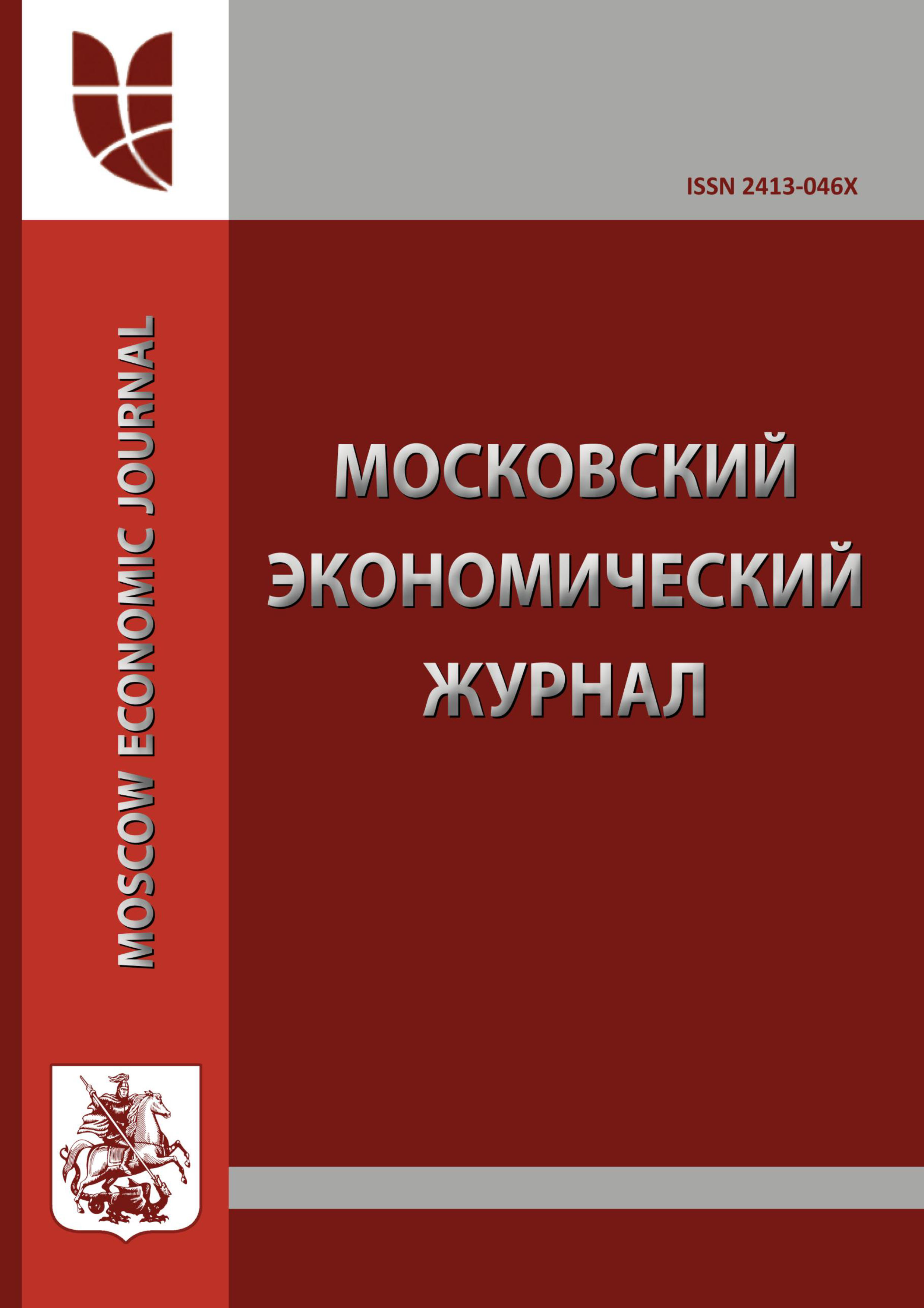Russian Federation
The paper considers the concept of query clustering is considered as an association of queries similar in meaning (meaning, intentions, occupied by the search), regardless of their semantic relevance. Methods for grouping queries or soft / hard-clustering are presented. Visually presented are hard-clustering with thresholds 2 and 5. Based on clustering with threshold 2, 93 groups are defined, of which 58 groups containing two or more requests and 35 groups containing 1 query are shown. Using the hard-clustering method with threshold 5, 167 groups were formed, of which 96 groups containing two or more requests; 71 group containing 1 query.
semantic core, query clustering, query classification
1. Iredale S., Heinze A. Ethics and professional intimacy within the search engine optimisation (SEO) industry // IFIP international conference on human choice and computers. Springer International Publishing, 2016. S. 106-115.
2. Baye M.R., De los Santos B., Wildenbeest M.R. Search engine optimization: what drives organic traffic to retail sites? // Journal of Economics & Management Strategy. 2016. T. 25. № 1. S. 6-31.
3. Singhal R., Srivastava S.R. Enhancing the page ranking for search engine optimization based on weightage of in-linked web pages // Recent Advances and Innovations in Engineering (ICRAIE), 2016 International Conference on. IEEE, 2016. S. 1-5.
4. Afonin A.A., Kreynes M.G. Klasterizaciya tekstovyh kollekciy: pomosch' pri soderzhatel'nom poiske i analiticheskiy instrument // V sb. nauch. st. "Internet-portaly: soderzhanie i tehnologii". Vypusk. 2006. T. 4. S. 510-537.
5. Minakov I.A. Klasterizaciya nestrukturirovannoy informacii, predstavlennoy v vide tekstov na estestvennom yazyke // Vestnik Samarskogo gosudarstvennogo tehnicheskogo universiteta. Seriya: Tehnicheskie nauki. 2006. № 40. S. 15-22.
6. Gluschenko M.S., Serova O.F., Faleeva T.O. Specifika podbora i analitiki poiskovyh zaprosov pol'zovateley seti Internet v ramkah SEO-prodvizheniya // Integraciya nauk. 2017. № 5. S. 177-182.
7. Kravchenko Yu.A. Zadachi semanticheskogo poiska, klassifikacii, strukturizacii i integracii informacii v kontekste problem upravleniya znaniyami // Izvestiya Yuzhnogo federal'nogo universiteta. Tehnicheskie nauki. 2016. № 7 (180).
8. Zeng H.J. et al. Learning to cluster web search results // Proceedings of the 27th annual international ACM SIGIR conference on Research and development in information retrieval. ACM, 2004. S. 210-217.
9. Michalewicz Z., Jankowski A. System and method for analysis and clustering of documents for search engine: zayav. pat. 09/920,732 SShA. 2001.
10. Chekushin A. Azbuka klasterizacii https://www.searchengines.ru/azbuka_klasterizats.html











